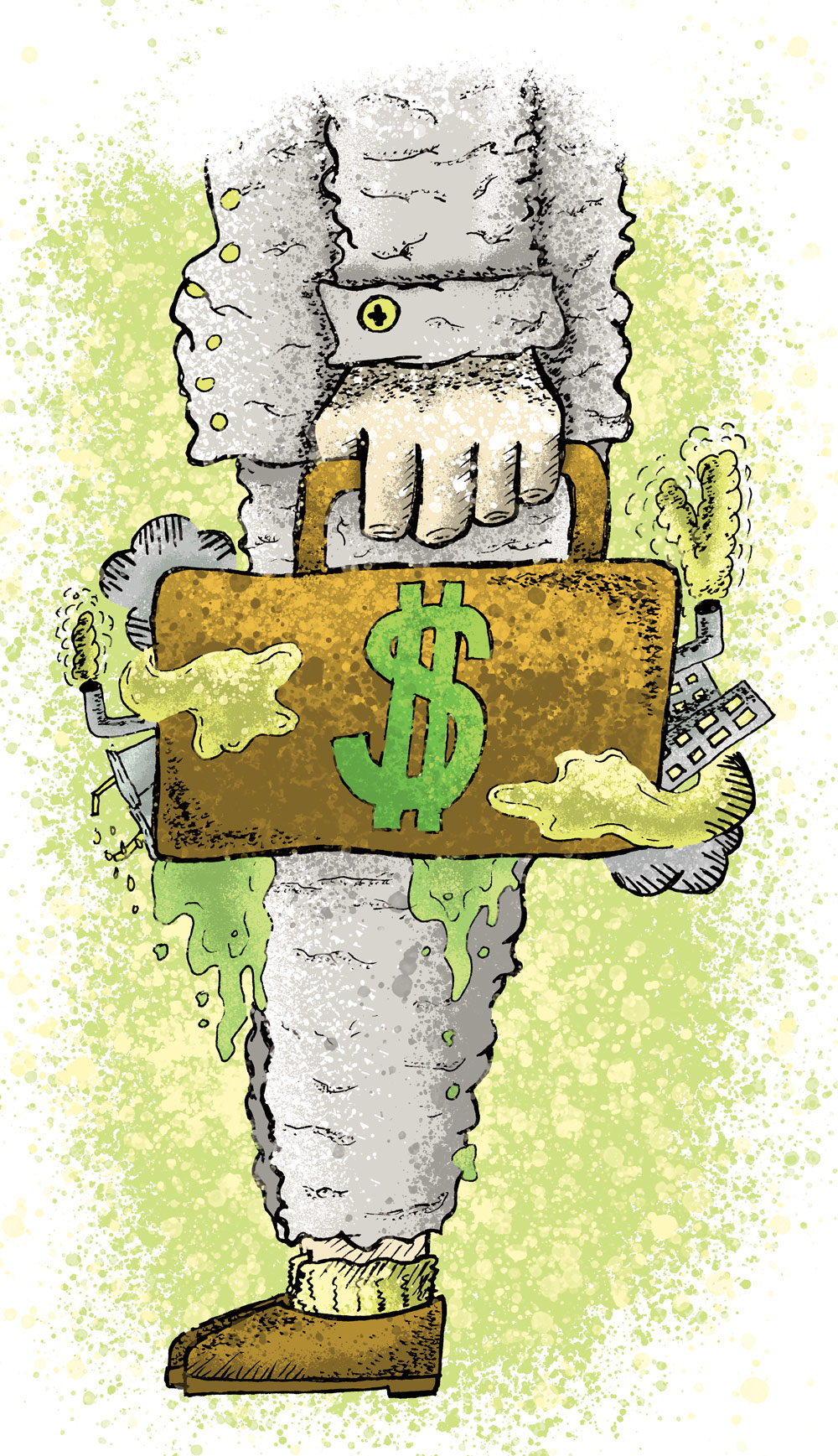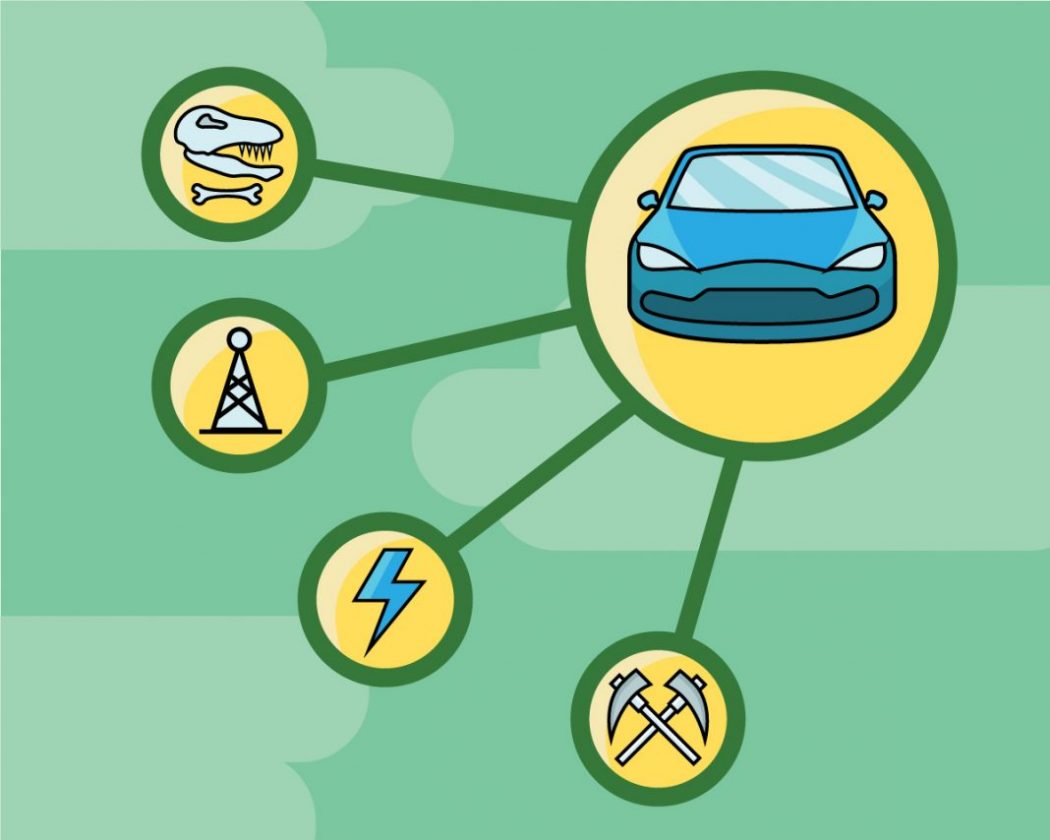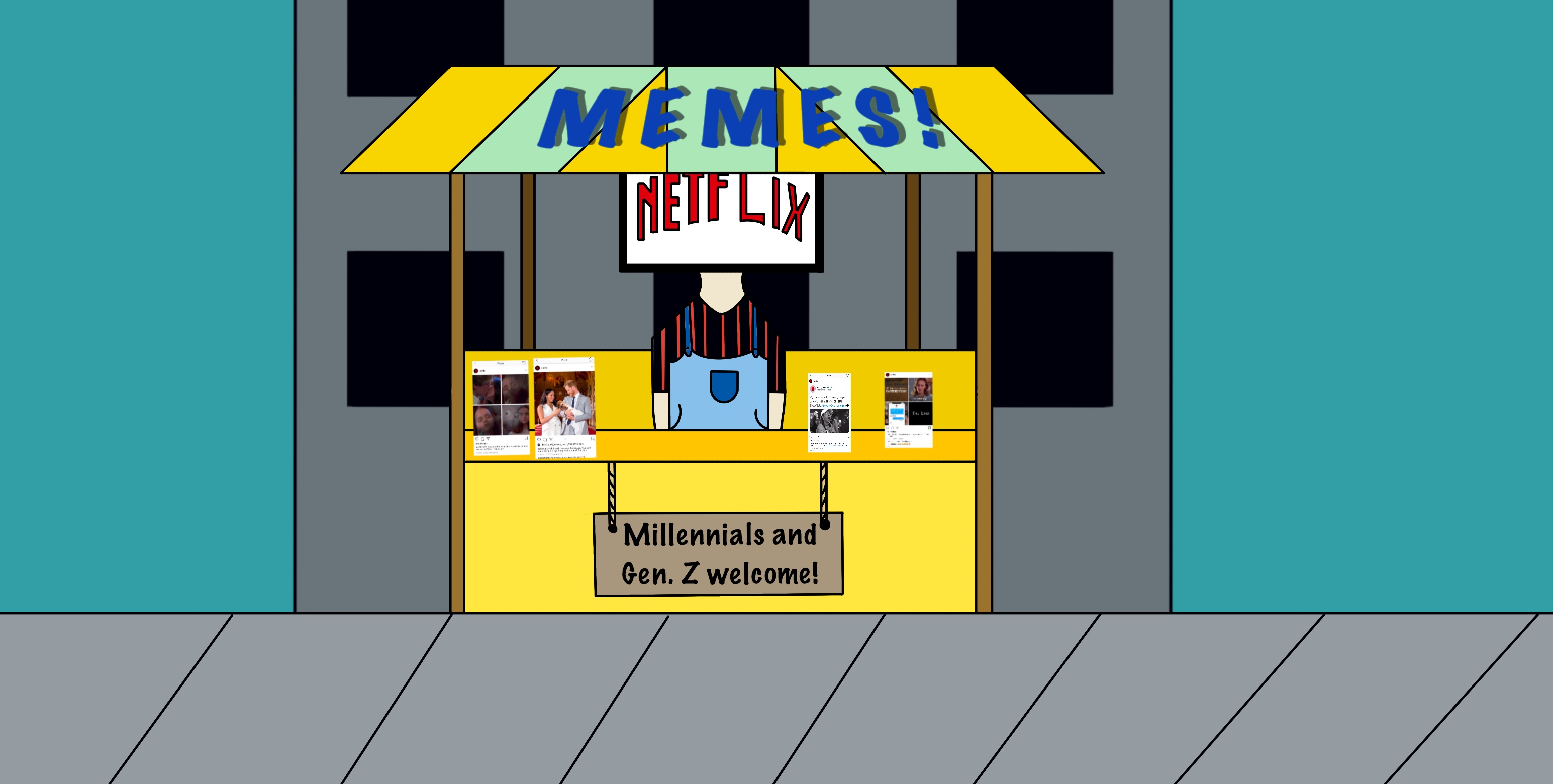Earth isn’t dying because of the actions of the individual. Blame corporations, not people.
Our ecosystem has been greatly disrupted by pollution, over-hunting and abuse of resources. Climate change, gas emission and pollution are planetary-scale threats and, as such, require planetary-scale reforms that can only be implemented by the world’s governments. Individuals can, at most, be responsible for their own behavior, but governments have the ruling power to implement legislation that compels industries and individuals to act sustainably.
According to a new report published by The Carbon Majors Report, 100 companies have been the source of more than 70% of the world’s greenhouse gas emissions since 1988.
In addition to the role of big corporations, according to a 2015 report by the charity Oxfam, someone in the wealthiest top 1% globally emits, on average, 175 times more carbon than someone in the poorest 10%. The poorest half of the world’s population—almost 4 billion people—is responsible for only 10% of emissions.
Although the power of consumers is strong, it pales in comparison to that of international corporations, and only governments have the power to keep these interests in check.
Plastic pollution, found in every corner of the globe including in the deepest trenches of the ocean, is the most visible disruption—and one of the grossest examples—of how corporations have externalized the costs of their profit-making activities. Products are packaged for maximum profitability. And once they’re sold and profits are collected, corporations disappear claiming no accountability, leaving ordinary citizens to take on the burden of proper disposal and to endure the consequences of toxic plastic pollution.
According to Life 123, in the United States, 70% of people between the ages of 18 and 30 participate in recycling. It is believed that 81% of adults older than 30 participate in some type of recycling. Hundreds of thousands, if not millions, of people are picking up plastic litter in an effort to stem the tide of pollution, but with thousands of factories around the world continuing to churn out goods by the millions—wrapped in plastic sachets and bottles that last forever but are meant to be used only once and then thrown away. The task is neverending.
The problem isn’t because of consumer choice, but because people have very limited choices.
Greta Thunberg, 16-year-old Swedish climate activist who inspired the global “school strike for climate” movement, was invited to speak at the annual World Economic Forum, a meeting of business leaders and celebrities held in Davos, Switzerland.
“Some people say that the climate crisis is something that we [all] have created,” Thunberg said. “But that is not true, because if everyone is guilty, then no one is to blame. And someone is to blame.”
“Some people, some companies, some decision makers in particular have known exactly what priceless values they have been sacrificing to continue making unimaginable amounts of money. And I think many of you here today belong to that group of people.”
This narrative that blames the average individual is harmful and misguided. It diverts attention away from the actions of big business and the rich and onto those who both pollute the least and have the least power to do anything about it.
The individual shouldn’t neglect their responsibility in keeping our planet healthy. Tasks such as recycling, using reusable materials, decreasing your meat intake and being more mindful of your carbon footprint are all actions that should remain in the forefront of one’s mind. But it’s unfair to blame the majority of citizens who abide by the standards set by not only corporations but the government.
It didn’t take the actions of one but the actions of many. The call to action that alerts us of our planet having anywhere between 12 to 100 years or as little as 17 months left ends in a call to inaction. Warning millions and ignoring those in power is merely a planetary crisis marketed in true capitalist fashion.
Blaming the individual only works in favor of those who cause the greatest disruption.






